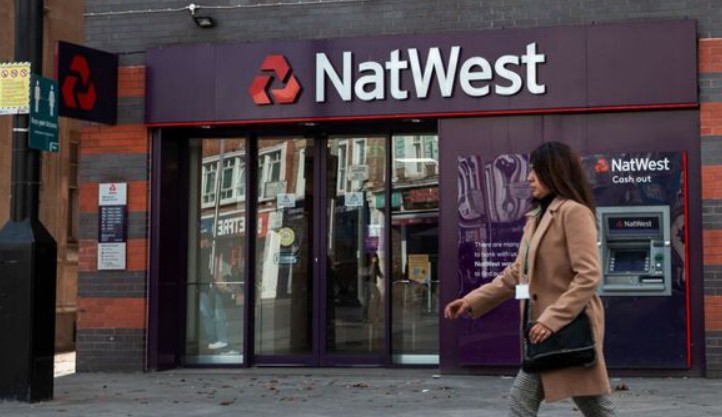NatWest Shares Surge as Q3 Earnings Outperform Expectations; UK Banking Fraud on the Rise
NatWest has delivered a stellar set of third-quarter results, sending its share price to levels not seen in 15 years.
The UK banking giant reported a 30 per cent year-on-year increase in pre-tax profit, reaching £2.2bn, surpassing analysts’ forecasts of £1.8bn.
NatWest’s strong performance follows its earlier first-half profits surge, which set the tone for the year.
The bank’s strong performance was fuelled by expanding lending across mortgages and business sectors, alongside growth in its wealth management division.
Crucially, NatWest avoided the hefty car finance mis-selling charges that have hampered some of its competitors.
Chief Executive Paul Thwaite said: “Our impact can be felt right across the economy, as we help people get on the housing ladder, save and invest for the future and grow their businesses.”
He added, “The bank is becoming a much simpler bank, with tight control of costs supporting our digital transformation.”
The bank also raised its full-year return on tangible equity target to above 18 per cent, up from 16.5 per cent, reflecting robust loan portfolio growth.
Earlier this year, NatWest returned fully to private ownership after the UK government sold its remaining shares, which it had acquired during the 2008 financial crisis.
Fraud and scams continue to challenge UK consumers. According to UK Finance, criminals stole more than £629mn in the first six months of 2025, marking a 3 per cent rise from the same period last year.
The trade association recorded 2.1 million fraud cases from January to June, up 17 per cent year-on-year.
Yet UK banks prevented £870mn of attempted fraud through improved security measures, stopping roughly 70 pence of every pound targeted.
Authorized push payment (APP) fraud remains the most common scam type, accounting for 66 per cent of incidents.
Jonathan Frost, global advisory director at cyber security firm BioCatch, said: “Fraudsters continue to prove among the world’s greatest innovators, making away with more than £600mn from UK consumers in just six months.”
He stressed that tackling APP fraud “will require more than just technology,” highlighting the need for “cross-industry collaboration and real-time intelligence-sharing.”
Across the Atlantic, Wells Fargo analyst Mike Mayo criticized Citigroup for granting CEO Jane Fraser a multimillion-dollar retention package and promoting her to board chair. Mayo described the move as “premature” and indicative of “weak governance.”
“Citi is among the worst offenders of pay for lack of performance in history,” he wrote. He argued the package “continues a long tradition of paying in excess, or in this case, at least before proper performance.”
Fraser’s promotion includes a one-time $25mn equity award and 1.055 million stock options, potentially worth tens of millions more. Citi’s shares have risen 38 per cent this year under her ongoing restructuring efforts.
HSBC announced a strategic review of its retail banking operations in Egypt as part of its global restructuring. The bank emphasized that no final decisions have been made.
“Egypt remains an important market with strong potential for growth,” the bank stated, confirming the review will not impact its wholesale banking activities.
HSBC is also reviewing retail operations in Australia, Indonesia, Sri Lanka, and Bangladesh, while planning to divest its Bahrain retail arm.
NatWest’s impressive Q3 results have lifted the NatWest share price to a 15-year high, reflecting strong lending and wealth management growth.
Meanwhile, UK banking fraud is on the rise, highlighting ongoing challenges for consumers and institutions alike.






